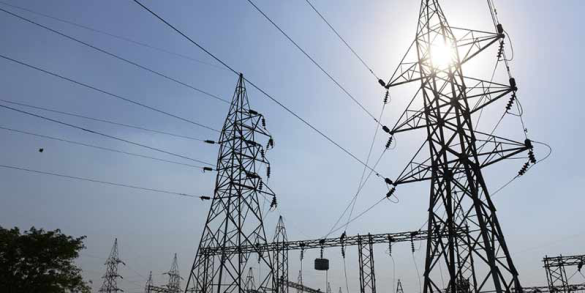KEY POINTS
- South Africa’s National Energy Regulator (Nersa) faces criticism for a R54 billion miscalculation in Eskom’s tariff settlement, leading to higher electricity costs for consumers.
- The error resulted in additional tariff increases of 3.4% in 2026/27 and 2.64% in 2027/28, on top of already approved hikes, sparking concerns about affordability and fiscal risks for households and municipalities.
- Critics, including civil society groups and opposition parties, accuse Nersa of negligence and demand accountability, with some calling for a parliamentary investigation into the regulator’s fitness to oversee the energy sector.
South Africa’s National Energy Regulator, Nersa, is facing a storm of criticism after admitting to a R54 billion miscalculation in Eskom’s tariff settlement — an error that will saddle consumers with higher electricity costs for years to come.
The fallout has been swift. Civil society groups, municipalities, and opposition parties have all accused the regulator of negligence, warning that the blunder will only worsen the financial pressure already crushing households and businesses.
The additional tariff increases — 3.4% in 2026/27 and 2.64% in 2027/28 — come on top of steep hikes already approved for Eskom, South Africa’s struggling power utility.
The South African Local Government Association (Salga) issued one of the strongest rebukes, saying the hikes risk “pushing many households further into hardship and deepening the crisis of affordability.”
Municipalities, it warned, face “severe fiscal risks” as they struggle to keep services running while residents fall behind on their bills.
A Settlement That Deepens Distrust
The dispute stems from Eskom’s Sixth Multi-Year Price Determination (MYPD6), where the utility was granted revenue increases of 12.74% in 2025/26, 5.36% in 2026/27, and 6.19% in 2027/28.
Yet Eskom argued these approvals left it with a R107 billion shortfall compared to its application, prompting the company to launch a judicial review in July.
In August, Nersa conceded that a “data input error” had distorted depreciation values and returns on assets in Eskom’s regulatory asset base, directly affecting revenue calculations. The settlement now allows Eskom to recover the shortfall gradually — but at the expense of consumers.
For households, this translates into effective price increases of 8.76% in 2026/27 and 8.83% in 2027/28, well above inflation. Salga President Bheke Stofile said the hikes are “not just numbers on a page” but a direct hit to family budgets, municipal finances, and economic equality.
The regulator’s misstep has become a lightning rod for political anger. The Democratic Alliance’s energy spokesperson, Kevin Mileham, demanded a “full, public explanation for the catastrophic R54 billion error,” adding that “public confidence in Nersa has been shattered.” Mileham has also pushed for Parliament’s energy committee to investigate whether the regulator is fit to oversee such a critical sector.
Eskom, for its part, has insisted that the error lay entirely with Nersa and confirmed it would claw back the lost revenue over several years. “These errors primarily affected depreciation values and return on assets,” the utility said in a statement. “Eskom experienced a shortfall in revenue due to this error made by Nersa. This impacts its ability to provide a generation service.”
Nersa, which has promised to comment in detail at a later stage, said its decision not to oppose Eskom’s review was based on legal advice and public interest considerations — though it stressed that did not mean agreeing to all of Eskom’s demands.
The controversy lands at a precarious time for South Africa, where rolling blackouts, climbing living costs, and a fragile economy have eroded public patience. For many, the R54 billion mistake is more than just a technical error — it is a symbol of weak governance in the very institutions meant to protect consumers.



